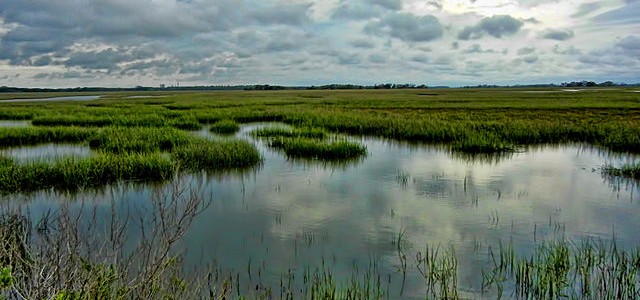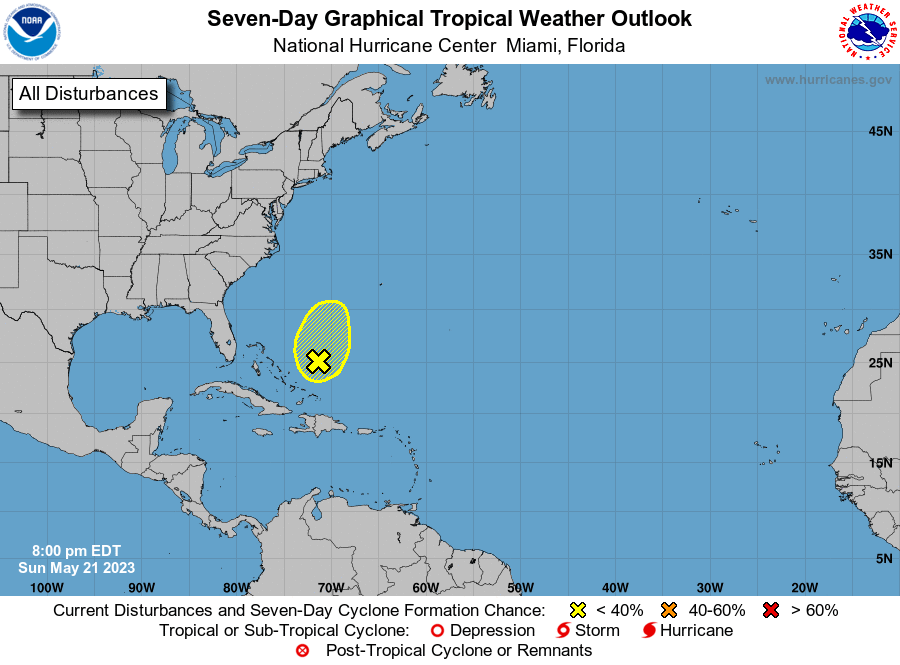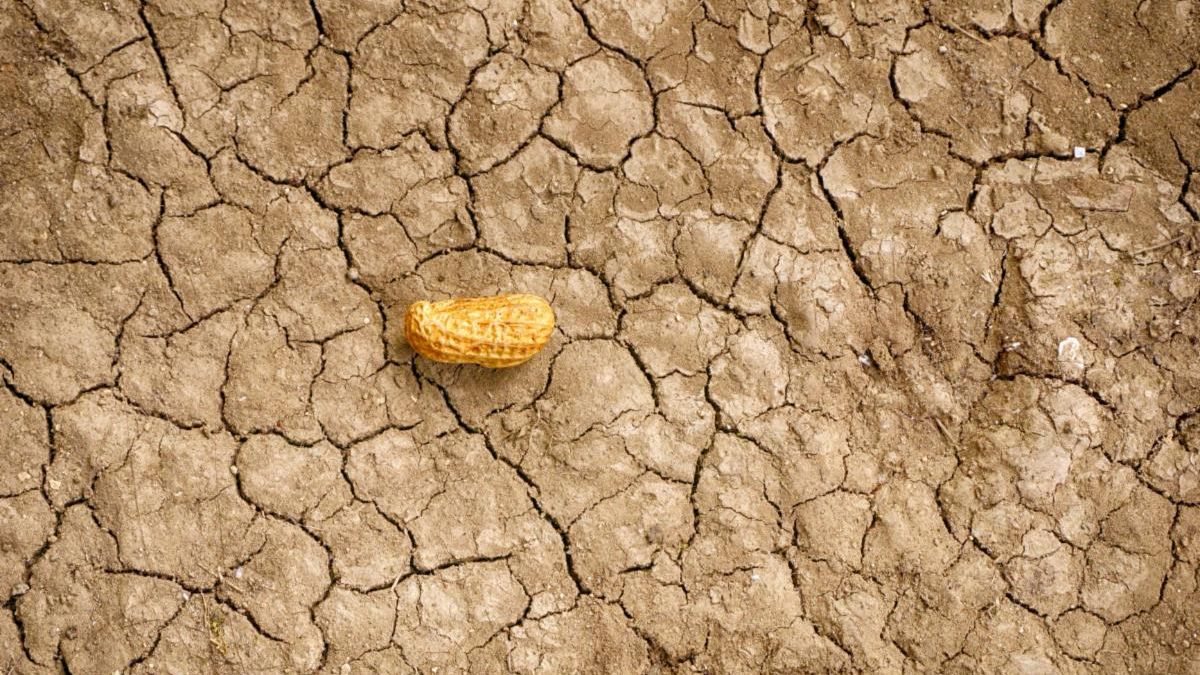-

In the Southeast Climate Monthly Webinar today, Jeff Dobur from the NWS Southeast River Forecast Center posted this graphic showing how the weekly distribution of tropical storms looked for three subregions of the Southeast. The three regions are the Florida Peninsula, the Carolinas, and the Alabama-Florida Panhandle-Georgia region. As you can see from the graphic…
Posted in: Tropical weather -

Project Drawdown provides many practical solutions to reduce greenhouse gas emissions that are already available and financially viable. Since the best way to reduce the future impacts of climate change is to prevent greenhouse emissions from occurring in the first place, we can all use these solutions do our part. A number of these solutions…
-

This spring we are still seeing the fallout of the warm February followed by two frosts on berry production in the Southeast. There were significant losses in some blueberry areas, although many others are loaded with berries this year. The worst hit were the early-blooming varieties, which were most susceptible to the protracted cold after…
-

As we approach the official start of the Atlantic hurricane season, it should not be a surprise that we are starting to see some activity in the region. Today the National Hurricane Center posted a map showing a 10% chance of development in the next 7 days. Not much chance, but you never know. Even…
Posted in: Tropical weather -

UPDATE: Recording and slides available at Southeast Climate Monthly Webinar: May 23, 2023 | Drought.gov.Join us for the Southeast Climate Monthly Webinar! These webinars provide the region with timely information on current and developing climate conditions such as drought, floods, and tropical storms, as well as climatic events like El Niño and La Niña. Speakers…
Posted in: Events -

The latest 7-day QPF map shows that all of the region will get some rain this week. The heaviest amounts will be in eastern Florida and along the East Coast as a low traverses the area. Areas farthest from the coast will see drier weather by early to mid-week lasting into the weekend. Temperatures will…
Posted in: Climate outlooks -

The latest report on peaches in Georgia is not good. The combination of a warm February followed by two frost events in March led to the loss of most peaches in the center part of the state, where the majority of peaches are grown. Clint Thompson reported in Specialty Crop Industry that only about 5%…